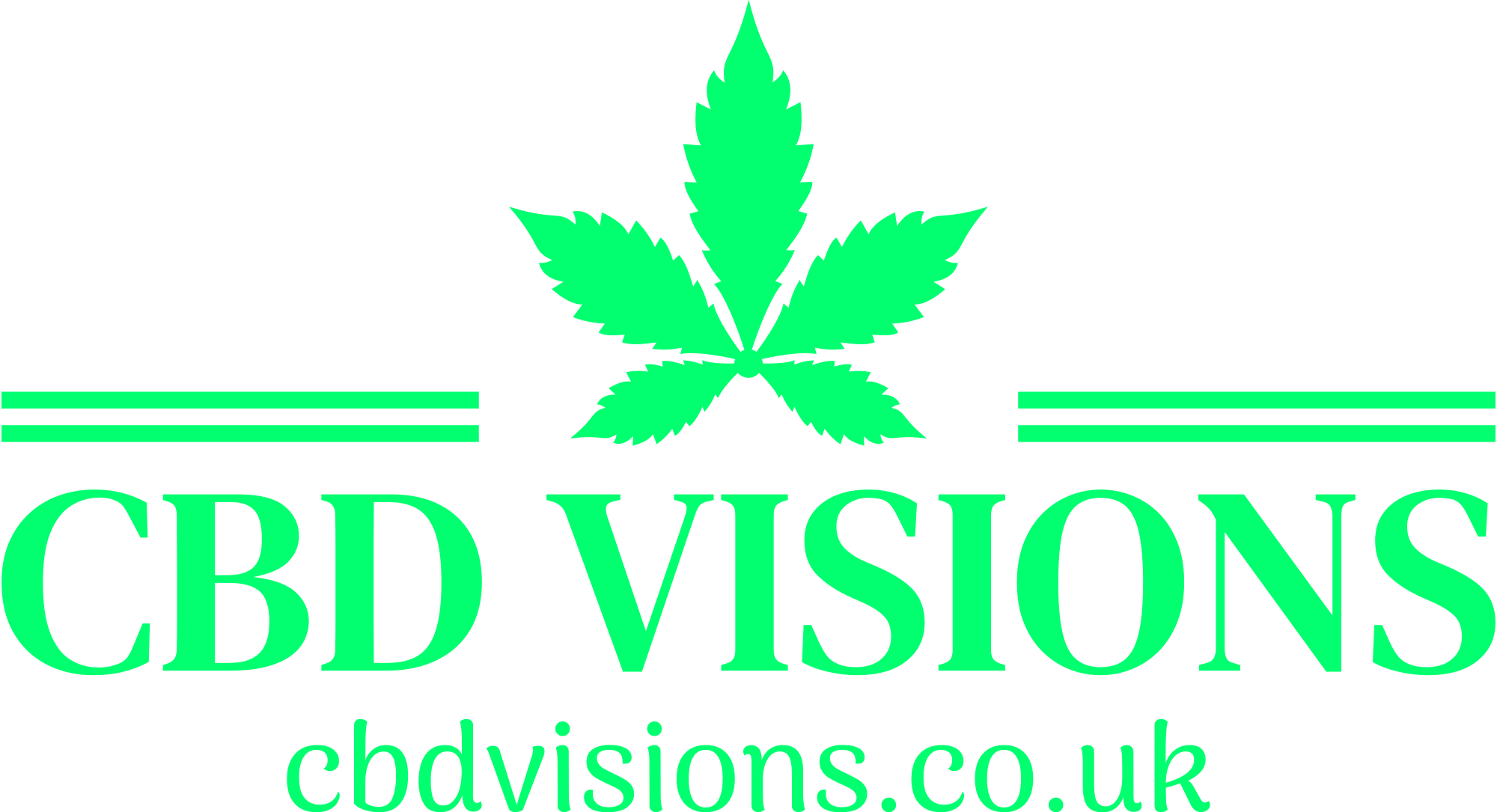CBD and Depression

CBD, short for cannabidiol, has gained significant attention in recent years as a potential treatment option for various health conditions, including depression. Unlike its cousin THC, CBD does not produce psychoactive effects, making it an attractive alternative for individuals seeking relief from depressive symptoms without the “high” associated with marijuana.
Potential Benefits of CBD for Depression
Emerging research suggests that CBD may have therapeutic potential for managing depression. Some studies indicate that CBD can influence neurotransmitters like serotonin and dopamine, which play crucial roles in regulating mood and emotions.
Animal studies have shown promising results, demonstrating that CBD can reduce anxiety and depressive-like behaviors in rodents. However, human studies are still limited and more research is needed to confirm these findings and determine optimal dosages for treating depression in humans.
Existing Research on CBD for Depression

While emerging research suggests potential benefits, it’s important to note that the field of CBD and depression treatment is still evolving. Clinical trials involving humans are ongoing to better understand CBD’s effectiveness and safety for treating depression.
Experts emphasize the need for more rigorous human studies to establish concrete evidence supporting CBD as a viable treatment option for depression.
Until then, individuals experiencing depression should consult with a healthcare professional to discuss appropriate treatment options, which may include therapy, medication, or a combination of approaches.
Mechanism of Action: How CBD Might Work
While the exact mechanisms are still being researched, CBD is believed to exert its effects on mood and emotions through interactions with the endocannabinoid system (ECS). This complex network of receptors and neurotransmitters plays a key role in regulating various physiological processes, including mood, sleep, appetite, and pain perception.
One proposed mechanism involves CBD’s ability to modulate the activity of serotonin receptors. Serotonin is a neurotransmitter associated with feelings of happiness, well-being, and emotional stability. By influencing serotonin signaling, CBD may help alleviate depressive symptoms by promoting a more balanced mood.
Additionally, CBD has been shown to interact with dopamine receptors, which are involved in reward, motivation, and pleasure. Dysregulation of the dopamine system is implicated in depression, so CBD’s ability to modulate dopamine activity could contribute to its potential therapeutic effects.
Expert Opinions on CBD for Depression
Experts offer a cautious yet intrigued perspective on the use of CBD for depression. While acknowledging emerging research suggesting potential benefits, they stress the need for more rigorous human studies to confirm these findings and establish optimal dosages.
Support from Medical Professionals
While emerging research suggests that CBD may have therapeutic potential for managing depression, experts emphasize the need for more conclusive evidence from human clinical trials.
Medical professionals advise individuals experiencing depression to consult with a healthcare provider for proper diagnosis and treatment.
They stress that therapy, medication, or a combination of approaches are currently established treatments for depression.
Cautions from Researchers
Experts caution against using CBD as a primary treatment for depression at this time. While preliminary research hints at potential benefits, human studies are limited and more robust evidence is needed to confirm its effectiveness and safety.
Researchers emphasize the importance of conducting well-designed clinical trials involving large sample sizes to determine optimal dosages, potential side effects, and long-term consequences of using CBD for depression.
They also stress the need to understand how CBD interacts with other medications commonly prescribed for depression, as potential interactions could occur.
Until more conclusive evidence is available, experts recommend individuals experiencing depression consult with a healthcare professional for proper diagnosis and treatment.
Further Research Needed
CBD, short for cannabidiol, has gained significant attention in recent years as a potential treatment option for various health conditions, including depression. Unlike its cousin THC, CBD does not produce psychoactive effects, making it an attractive alternative for individuals seeking relief from depressive symptoms without the “high” associated with marijuana.
Emerging research suggests that CBD may have therapeutic potential for managing depression. Some studies indicate that CBD can influence neurotransmitters like serotonin and dopamine, which play crucial roles in regulating mood and emotions.
Animal studies have shown promising results, demonstrating that CBD can reduce anxiety and depressive-like behaviors in rodents. However, human studies are still limited and more research is needed to confirm these findings and determine optimal dosages for treating depression in humans.
- Clinical trials involving humans are ongoing to better understand CBD’s effectiveness and safety for treating depression.
- Experts emphasize the need for more rigorous human studies to establish concrete evidence supporting CBD as a viable treatment option for depression.
- Medical professionals advise individuals experiencing depression to consult with a healthcare provider for proper diagnosis and treatment.
- They stress that therapy, medication, or a combination of approaches are currently established treatments for depression.
- Experts caution against using CBD as a primary treatment for depression at this time.
- Researchers emphasize the importance of conducting well-designed clinical trials involving large sample sizes to determine optimal dosages, potential side effects, and long-term consequences of using CBD for depression.
- They also stress the need to understand how CBD interacts with other medications commonly prescribed for depression, as potential interactions could occur.
Until more conclusive evidence is available, experts recommend individuals experiencing depression consult with a healthcare professional for proper diagnosis and treatment.

Things to Consider When Using CBD for Depression
CBD oil has emerged as a potential treatment option for depression, attracting interest due to its lack of psychoactive effects. Early research suggests CBD might influence neurotransmitters involved in mood regulation, such as serotonin and dopamine. While animal studies have shown promising results, human studies are limited, and more research is needed to determine the effectiveness and safety of CBD for treating depression.
Dosage and Administration
CBD oil has emerged as a potential treatment option for depression, attracting interest due to its lack of psychoactive effects. Early research suggests CBD might influence neurotransmitters involved in mood regulation, such as serotonin and dopamine. While animal studies have shown promising results, human studies are limited, and more research is needed to determine the effectiveness and safety of CBD for treating depression.
When considering using CBD for depression, several factors should be taken into account. It’s crucial to consult with a healthcare professional to discuss potential benefits and risks, as well as any potential interactions with existing medications.
Dosage and administration methods vary depending on individual needs and product type. Some common forms of CBD include capsules, tinctures, oils, and edibles. Starting with a low dose and gradually increasing it under the guidance of a healthcare professional is recommended.
Monitoring for any side effects is also important. Common potential side effects of CBD include dry mouth, drowsiness, changes in appetite, and diarrhea. If any adverse effects occur, reducing the dosage or discontinuing use may be necessary.
Quality and Sourcing of CBD Products
When considering using CBD for depression, several factors should be taken into account.
- Quality and Sourcing of CBD Products: It’s essential to choose high-quality CBD products from reputable brands. Look for products that have been independently tested for potency and purity. Third-party lab testing can help ensure the product contains the claimed amount of CBD and is free from contaminants such as pesticides or heavy metals.
- Dosage: Dosage varies depending on individual needs and product type. Starting with a low dose and gradually increasing it under the guidance of a healthcare professional is recommended.
- Administration Method: CBD comes in various forms, including capsules, tinctures, oils, and edibles. The chosen method of administration can affect absorption and onset of effects.
- Potential Interactions: CBD may interact with certain medications, so it’s crucial to consult with a healthcare professional about potential interactions before using CBD, especially if you are taking antidepressants or other medications.
Remember, CBD is not a cure for depression. It should be used in conjunction with other treatments recommended by a qualified healthcare professional.
Potential Side Effects and Interactions
When considering the use of CBD capsules for depression, several factors warrant careful consideration. Consulting with a healthcare professional is crucial to discuss potential benefits, risks, and interactions with existing medications.
One important factor is the quality and sourcing of CBD products. Opting for high-quality CBD from reputable brands ensures potency and purity. Look for products that have undergone independent third-party lab testing to verify their content and absence of contaminants.
Dosage plays a significant role in determining the effects of CBD. Starting with a low dose and gradually increasing it under the guidance of a healthcare professional is recommended to assess individual responses and minimize potential side effects.
Potential side effects of CBD include dry mouth, drowsiness, changes in appetite, and diarrhea. Monitoring for any adverse reactions is essential, and adjustments to dosage or discontinuation of use may be necessary if side effects occur.
It’s also important to understand that CBD is not a substitute for traditional depression treatments like therapy or medication. It should be used as a complementary approach under the supervision of a qualified healthcare professional.
Consult a Healthcare Professional
When considering using CBD for depression, it’s crucial to consult a healthcare professional. They can help determine if CBD is appropriate for you based on your individual medical history and current medications.
A doctor can also guide you on safe dosages and potential side effects.
Remember, CBD is not a cure for depression and should be used as part of a comprehensive treatment plan that may include therapy or medication.
Conclusion
While promising research suggests potential benefits for managing depression, CBD’s role in treating this complex condition is still evolving. More rigorous human studies are needed to solidify its effectiveness and safety.
Until then, individuals struggling with depression should prioritize established treatment options like therapy and medication under the guidance of a healthcare professional.
Shop Just CBD Capsules for overall wellness
- Sculptra Surrey – Collagen Stimulation Therapy Near Albury, Surrey - November 11, 2025
- Why CBD Gummies Are An Effective Way To Manage Pain Naturally - November 10, 2025
- What Is The Best Filler To Lift Neck? - November 7, 2025
